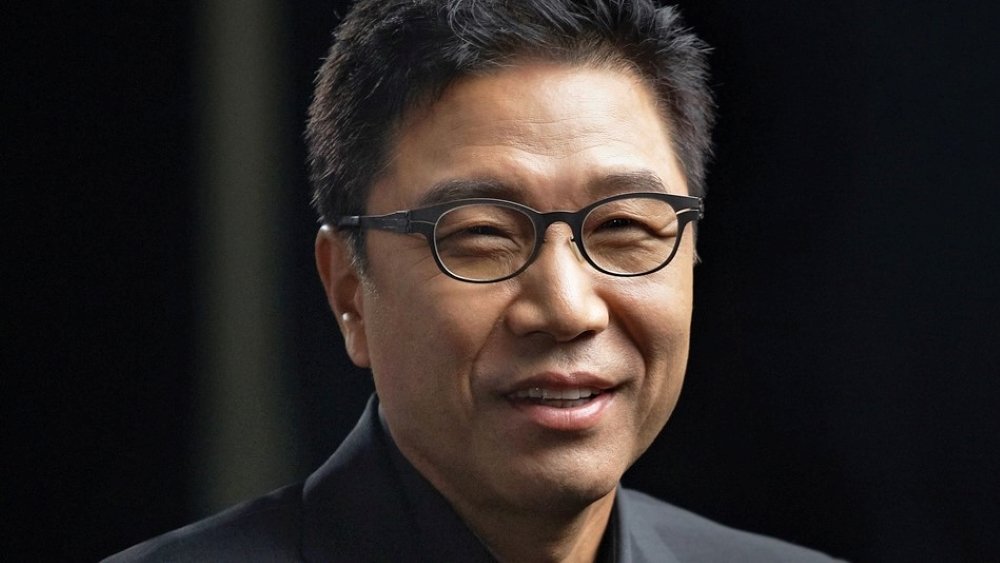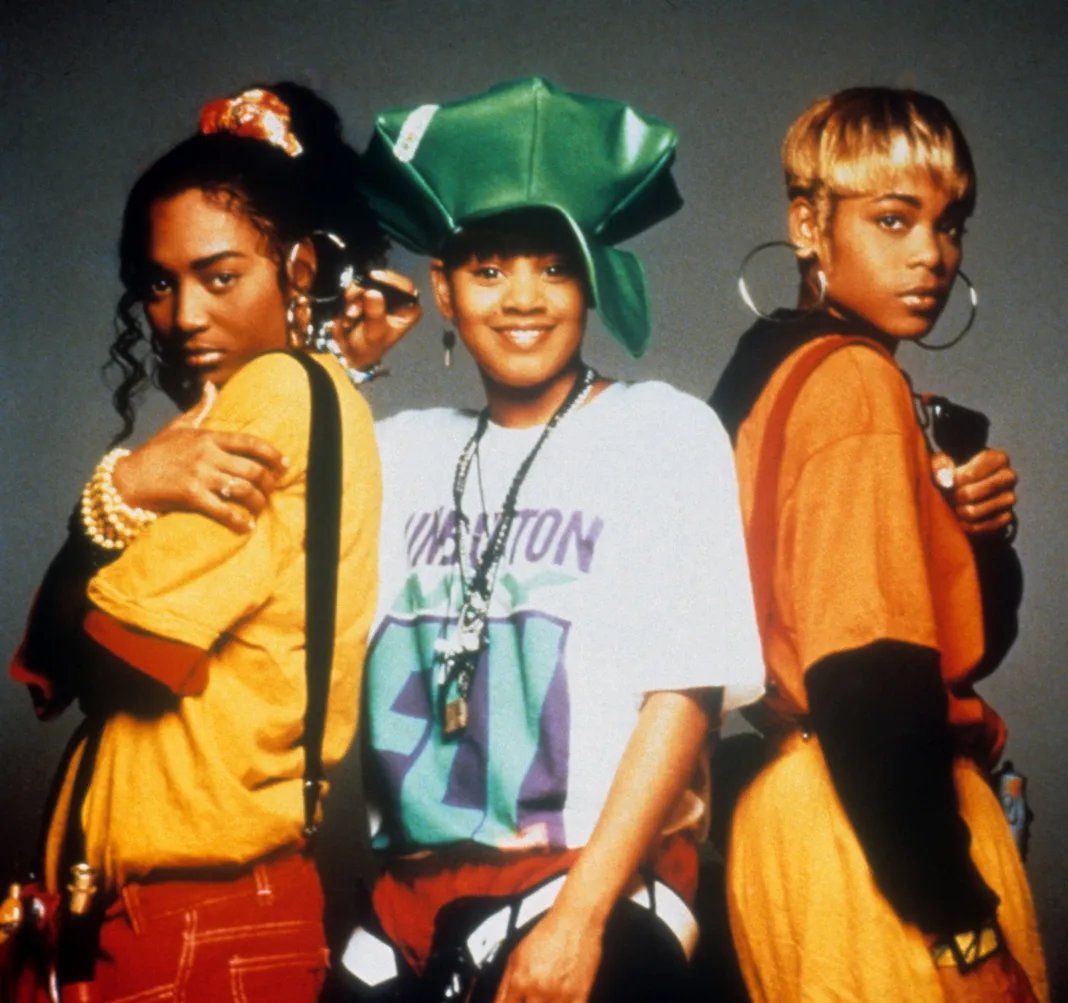Frank Ocean vanished at the peak of his career.
No interviews. No social media. Complete radio silence.
Then he dropped one album and changed the industry forever.
Here's the psychological warfare behind music's greatest disappearing act:🧵
No interviews. No social media. Complete radio silence.
Then he dropped one album and changed the industry forever.
Here's the psychological warfare behind music's greatest disappearing act:🧵
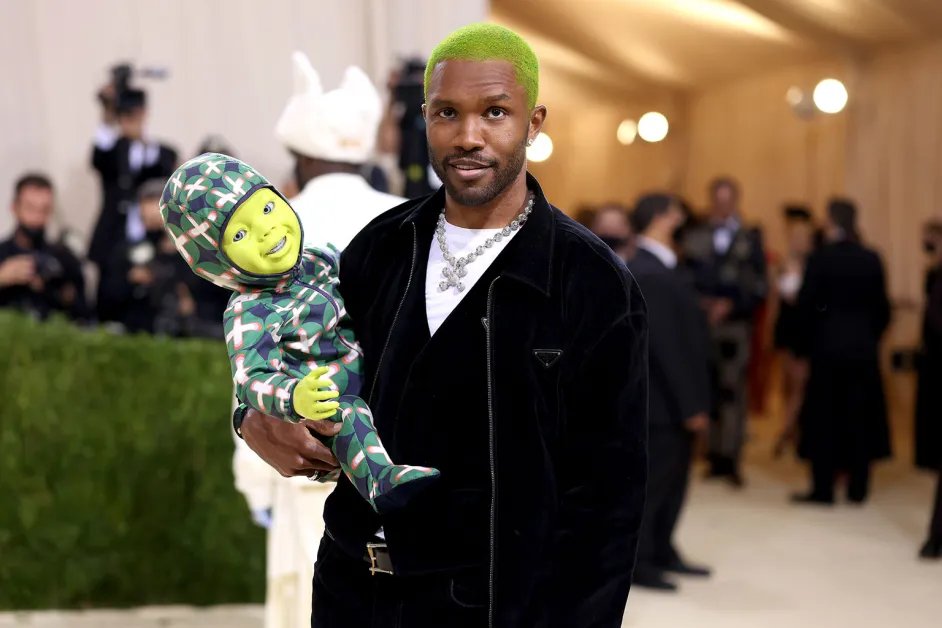
Meet Christopher Edwin Breaux in 2005.
Writing songs for Justin Bieber, John Legend, and Brandy.
Getting paid $25K per song but staying completely invisible.
Most writers would chase credit. Frank was playing a different game:
Studying the industry while creating in silence.
Writing songs for Justin Bieber, John Legend, and Brandy.
Getting paid $25K per song but staying completely invisible.
Most writers would chase credit. Frank was playing a different game:
Studying the industry while creating in silence.
2011: The breakthrough that changed everything.
Frank releases "Nostalgia, Ultra" as a free mixtape on his Tumblr.
No label. No budget. No promotion.
But the genius? He sampled The Eagles without permission, making it impossible to sell commercially.
He forced organic buzz.
Frank releases "Nostalgia, Ultra" as a free mixtape on his Tumblr.
No label. No budget. No promotion.
But the genius? He sampled The Eagles without permission, making it impossible to sell commercially.
He forced organic buzz.
The psychology was brilliant:
While other artists chased radio play, Frank built mystique.
The mixtape couldn't be monetized, so it spread purely on quality.
Critics called it "the best R&B project in years."
Frank proved you could create demand by giving away your best work.
While other artists chased radio play, Frank built mystique.
The mixtape couldn't be monetized, so it spread purely on quality.
Critics called it "the best R&B project in years."
Frank proved you could create demand by giving away your best work.

Then came the Odd Future co-sign.
Tyler The Creator praised "Nostalgia, Ultra" publicly.
But Frank didn't join their chaos - he stayed mysterious.
While OF members were getting arrested and banned, Frank positioned himself as the mature, artistic voice.
Perfect positioning.
Tyler The Creator praised "Nostalgia, Ultra" publicly.
But Frank didn't join their chaos - he stayed mysterious.
While OF members were getting arrested and banned, Frank positioned himself as the mature, artistic voice.
Perfect positioning.
2012: "Channel Orange" drops with minimal promotion.
Frank's strategy? Let the music speak first, then tell the story.
3 days before release, he published a Tumblr letter revealing his first love was a man.
The timing was calculated.
Frank's strategy? Let the music speak first, then tell the story.
3 days before release, he published a Tumblr letter revealing his first love was a man.
The timing was calculated.
The numbers behind "Channel Orange" were staggering:
- Debuted at #2 on Billboard 200
- 131K first week sales with almost zero promotion
- Grammy win for Best Urban Contemporary Album
- Critical acclaim across every major publication
Frank proved scarcity creates value.
- Debuted at #2 on Billboard 200
- 131K first week sales with almost zero promotion
- Grammy win for Best Urban Contemporary Album
- Critical acclaim across every major publication
Frank proved scarcity creates value.
But then came the masterstroke…
Strategic disappearance.
After 2012, Frank went completely silent.
No albums. No features. Rare interviews.
While his peers oversaturated the market, Frank understood something they didn't:
Absence makes the heart grow fonder.
Strategic disappearance.
After 2012, Frank went completely silent.
No albums. No features. Rare interviews.
While his peers oversaturated the market, Frank understood something they didn't:
Absence makes the heart grow fonder.
The 4-year silence was calculated torture.
Every few months, cryptic Instagram posts or studio photos.
Fans analyzed pixels for clues.
Music blogs wrote "Where is Frank Ocean?" articles monthly.
He turned waiting into content without creating anything.
Every few months, cryptic Instagram posts or studio photos.
Fans analyzed pixels for clues.
Music blogs wrote "Where is Frank Ocean?" articles monthly.
He turned waiting into content without creating anything.
2016: The "Boys Don't Cry" campaign begins.
Mysterious library cards appeared in major cities.
A livestream from a warehouse showed Frank building... something.
For weeks, millions watched him work in silence.
The anticipation became more valuable than traditional marketing.
Mysterious library cards appeared in major cities.
A livestream from a warehouse showed Frank building... something.
For weeks, millions watched him work in silence.
The anticipation became more valuable than traditional marketing.
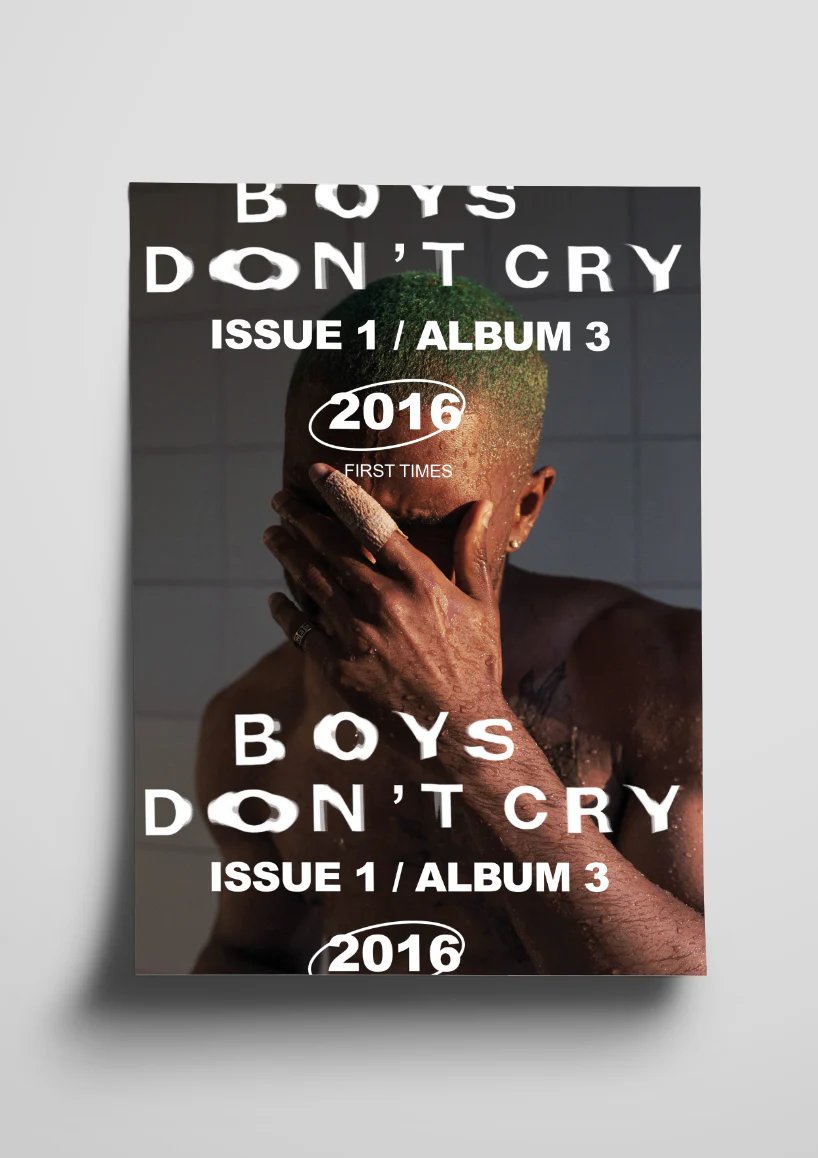
Then the double album genius:
August 19: "Endless" drops as a visual album.
August 20: "Blonde" surprise releases on iTunes.
Frank satisfied his Def Jam contract with "Endless," then kept all "Blonde" profits by releasing independently.
Strategic business disguised as art.
August 19: "Endless" drops as a visual album.
August 20: "Blonde" surprise releases on iTunes.
Frank satisfied his Def Jam contract with "Endless," then kept all "Blonde" profits by releasing independently.
Strategic business disguised as art.
The financial impact was unprecedented.
"Blonde" hit #1 with 275K first week sales.
No promotion budget. No interviews. No performances.
Pure demand created by 4 years of strategic scarcity.
The best marketing sometimes means doing nothing.
"Blonde" hit #1 with 275K first week sales.
No promotion budget. No interviews. No performances.
Pure demand created by 4 years of strategic scarcity.
The best marketing sometimes means doing nothing.
Frank's merchandise strategy was equally brilliant:
Limited "Boys Don't Cry" magazines sold for $20, now worth $200+.
Blonde vinyls released sporadically in small batches.
He turned every release into a collectible event.
Scarcity psychology at its finest.
Limited "Boys Don't Cry" magazines sold for $20, now worth $200+.
Blonde vinyls released sporadically in small batches.
He turned every release into a collectible event.
Scarcity psychology at its finest.
The lesson from my own artist days?
Most musicians panic during quiet periods.
Frank weaponized silence.
While others chase algorithms, Frank understood that true fans will wait for quality.
That's the difference between building hype and building legends.
Most musicians panic during quiet periods.
Frank weaponized silence.
While others chase algorithms, Frank understood that true fans will wait for quality.
That's the difference between building hype and building legends.
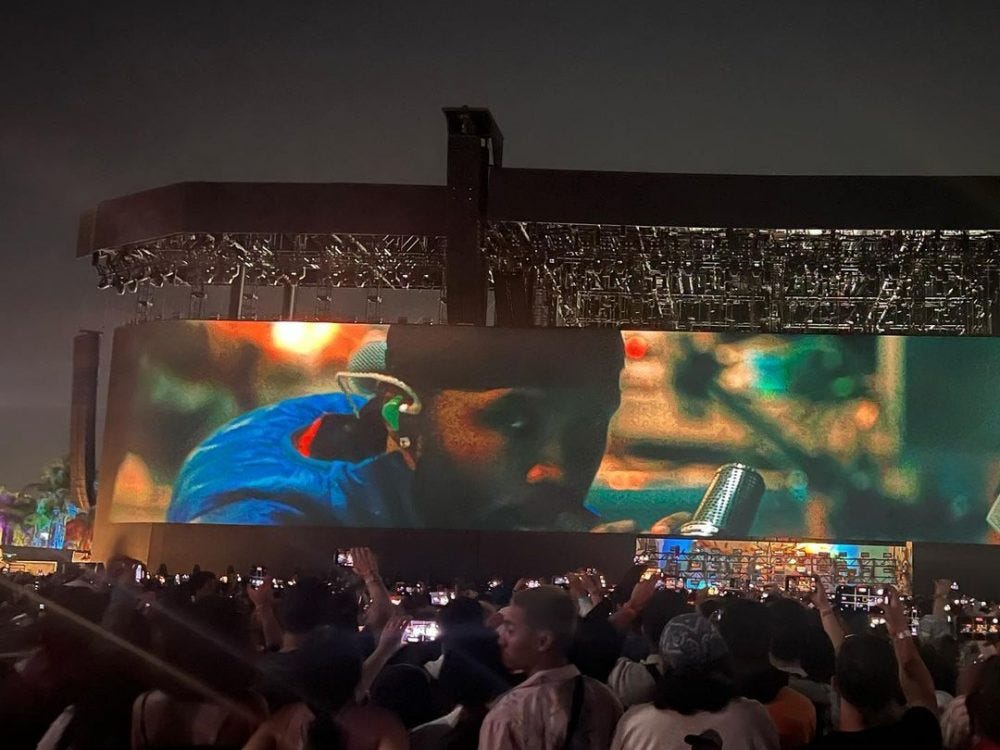
The psychology behind Frank's success:
- Scarcity increases desire
- Mystery creates conversation
- Quality beats quantity
- Independence beats quick deals
- Authenticity resonates longer than trends
These principles work whether you're Frank Ocean or an emerging artist.
- Scarcity increases desire
- Mystery creates conversation
- Quality beats quantity
- Independence beats quick deals
- Authenticity resonates longer than trends
These principles work whether you're Frank Ocean or an emerging artist.
Today, Frank Ocean's influence is everywhere.
Artists study his rollout strategies.
Labels try to recreate his mystique.
But you can't manufacture authenticity or force scarcity.
Frank succeeded because every move felt genuine, even when it was strategic.
Artists study his rollout strategies.
Labels try to recreate his mystique.
But you can't manufacture authenticity or force scarcity.
Frank succeeded because every move felt genuine, even when it was strategic.
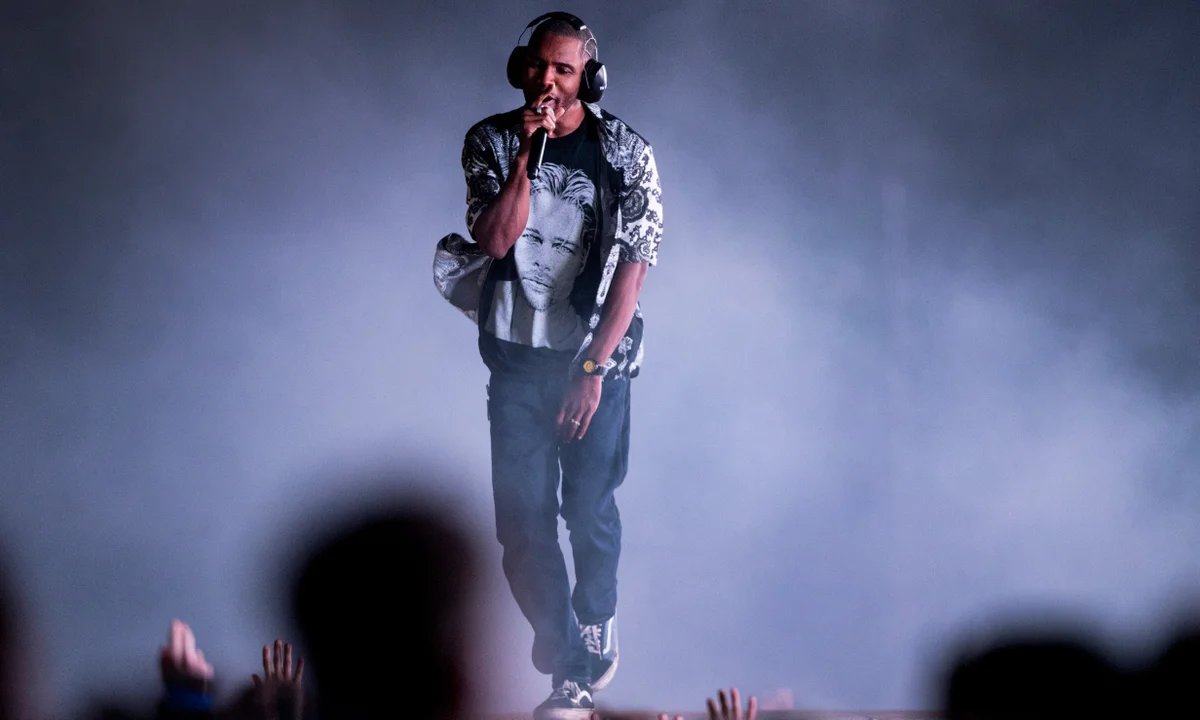
The ultimate lesson for artists:
Your silence can be as powerful as your voice.
Frank Ocean didn't just make great music - he made people want it desperately.
In the attention economy, being unreachable might be the most valuable position of all.
Your silence can be as powerful as your voice.
Frank Ocean didn't just make great music - he made people want it desperately.
In the attention economy, being unreachable might be the most valuable position of all.
We've helped 100+ artists achieve an average growth of 127%.
How?
Through our psychology-based, data-driven $1M playbook, we unlock consistent growth and virality.
If you're an upcoming artist tired of beginner's hell, grab a free demo:
oddlysimpl.xyz/services/
How?
Through our psychology-based, data-driven $1M playbook, we unlock consistent growth and virality.
If you're an upcoming artist tired of beginner's hell, grab a free demo:
oddlysimpl.xyz/services/
A bit about me:
I'm Anthony, ex-artist who signed to a label, charted Billboard, & worked with Sony Music.
Now I run Simpl, helping 100+ artists grow fanbases with proven strategies.
Follow @oddlysimpl for music marketing tips & success stories.
Big wins ahead.
I'm Anthony, ex-artist who signed to a label, charted Billboard, & worked with Sony Music.
Now I run Simpl, helping 100+ artists grow fanbases with proven strategies.
Follow @oddlysimpl for music marketing tips & success stories.
Big wins ahead.
• • •
Missing some Tweet in this thread? You can try to
force a refresh




